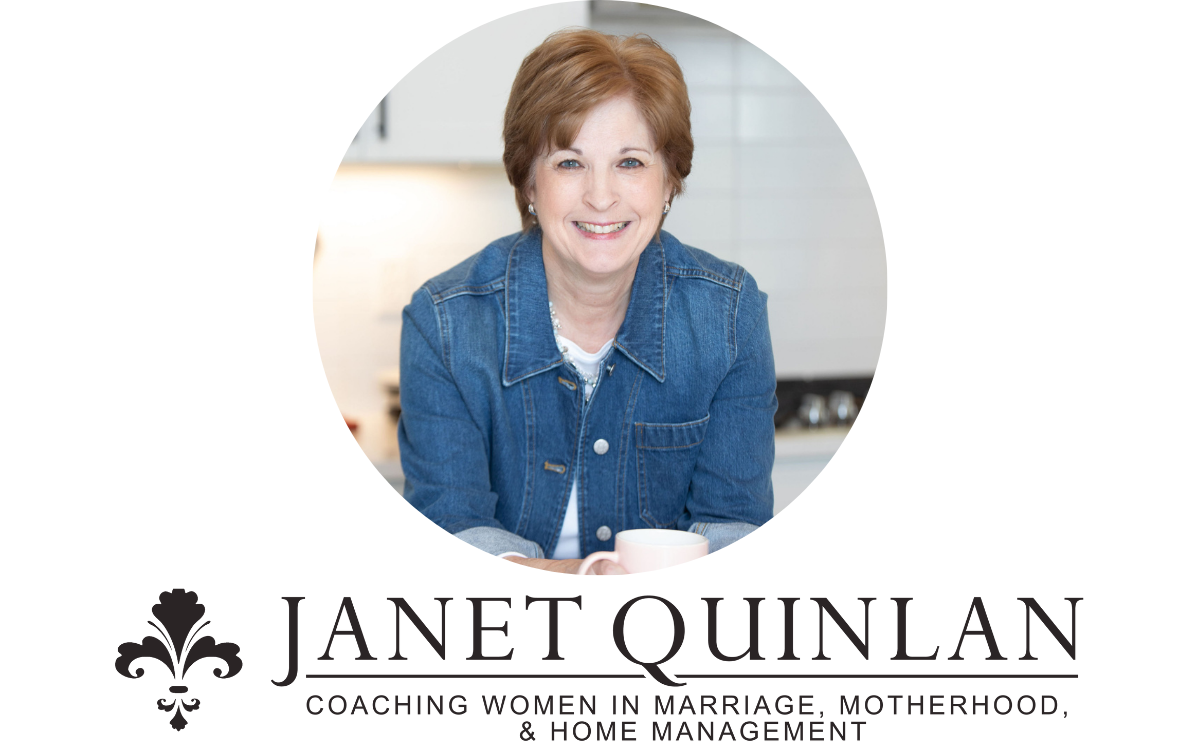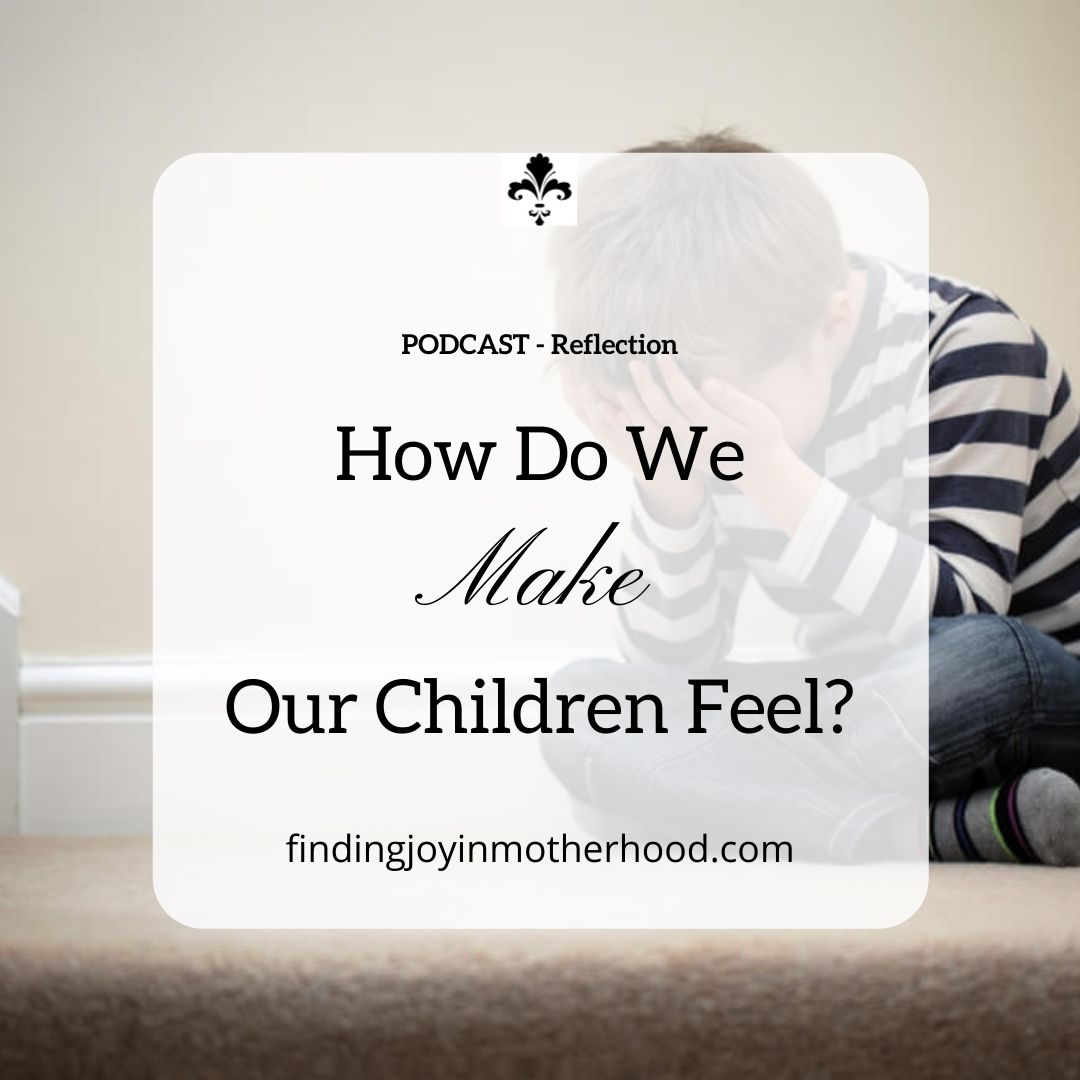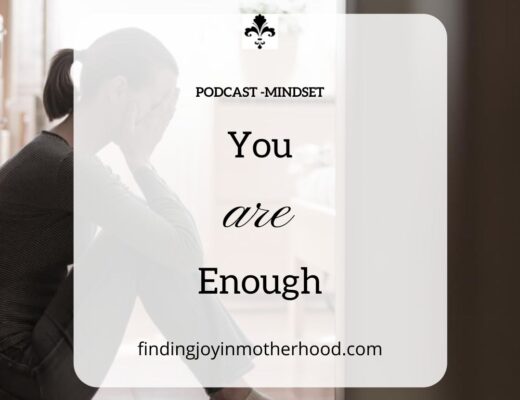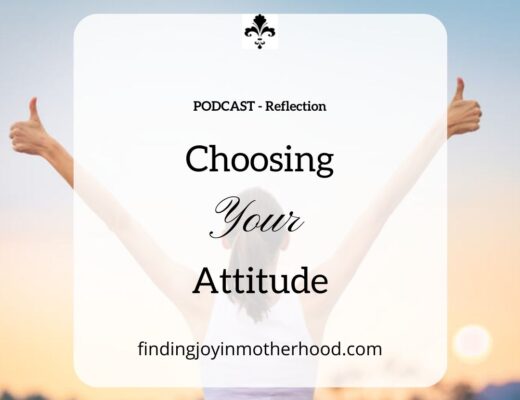What You’ll Hear:
Children are so vulnerable.
We forget that they aren’t adults and they don’t hear things as adults nor process our words as maybe an adult might.
What we say communicates our thoughts to our children.
They believe those thoughts mainly because they haven’t had enough experience nor maturity to disbelieve them.
When we say things like, “I can’t believe you screwed that up again!”
What’s WRONG with you? Don’t you know how to take the trash out?
“Don’t be an idiot.”
“Yeah, you’re never going to be able to run as fast as your friends.”
Children Hear What We Say Not What We Mean
We are telling them who they are. We may not mean it, but they don’t hear what we mean, they hear what we say.
Sometimes, we may even mean well but the words imply a negative connotation – and the children pick up on it.
If we make negative decisions of who they are by the time they’re 5, we communicate to them their inadequacies and they believe them.
You’re too slow. Johnny is a complete disaster. My daughter is anxious. He never listens.
Our children believe they are slow, a disaster, anxious, or can’t learn to listen.
Don’t label your children.
Be careful that you NEVER call them names.
Recognize that your children look to you to find their identity.
As they grow and mature, our job as parents is to help them see their potential and give them the tools of good self-esteem and virtues to reach their potential and ultimately to help them discover who they really are.
Watch Your Words Carefully
But our words – even one word – “You’re so lazy” can cement what they think MUST be true because the person who said it – their mom – said it. And they trust you.
Work hard on how you communicate your thoughts with your children.
Stop yourself when you find yourself labeling them.
Apologize to them when you do label them.
Raising children who are confident, loving, generous adults is not easy, but how we speak to them – our words – are more than ½ the battle of helping them grow into well-formed adults.




No Comments